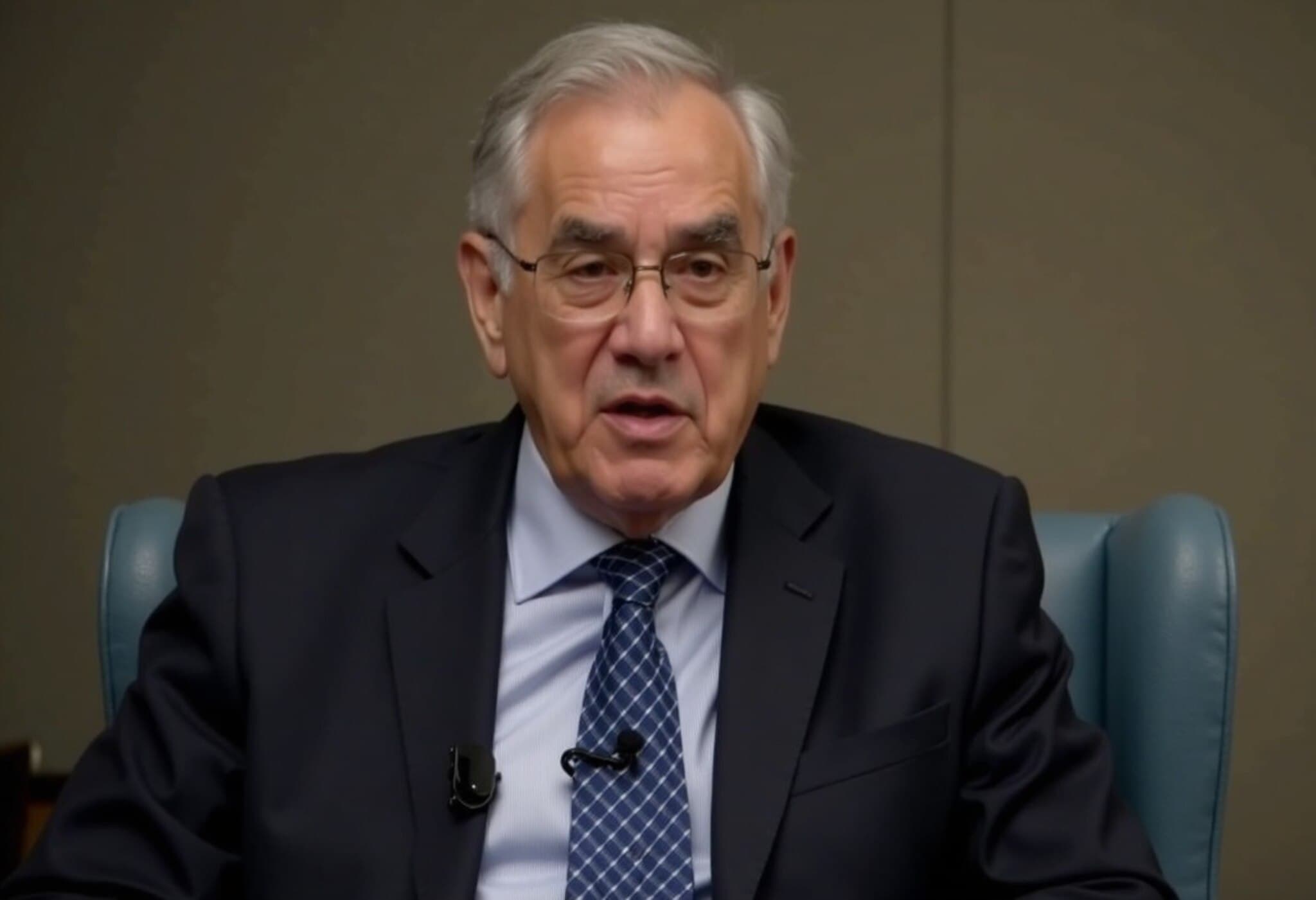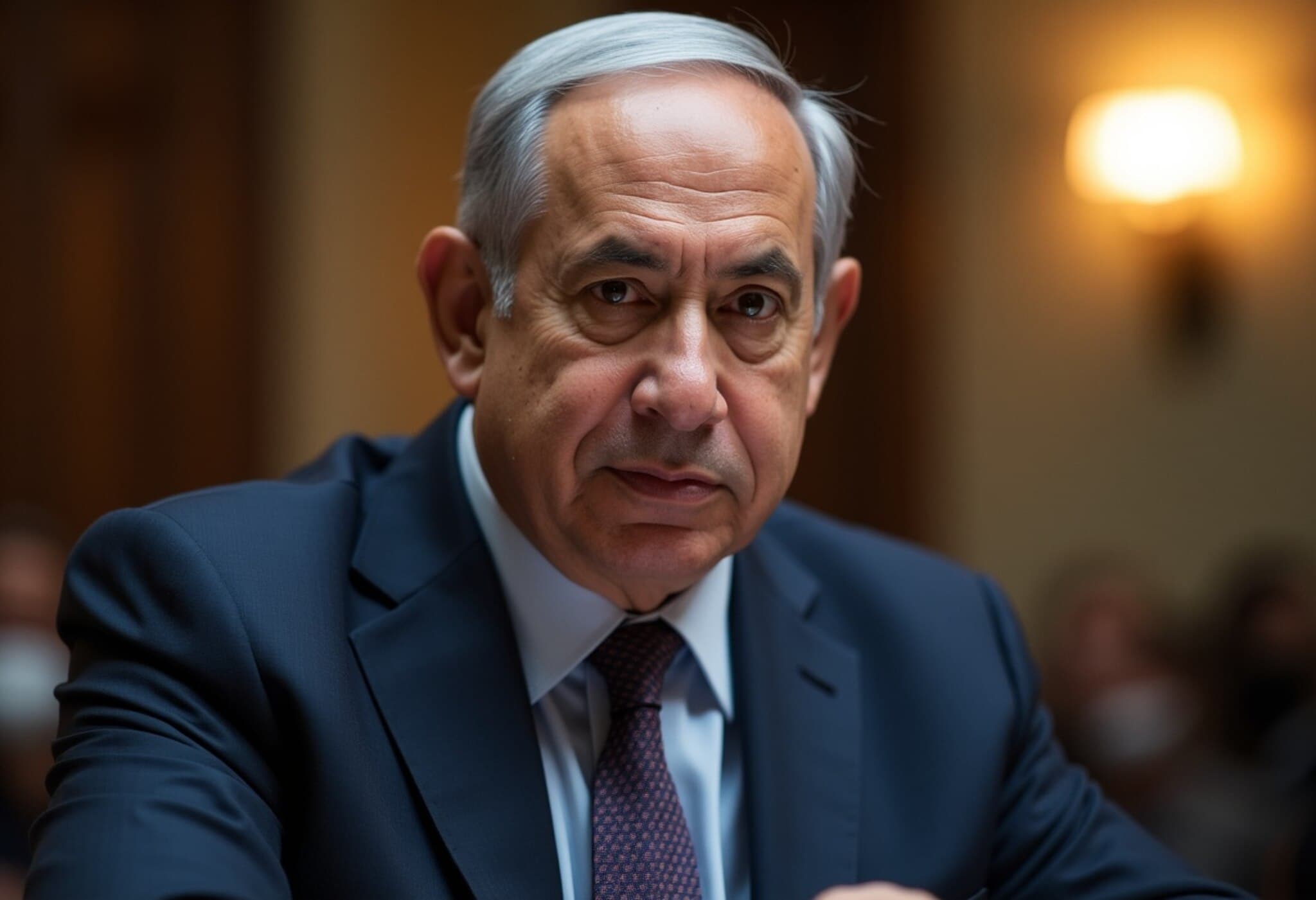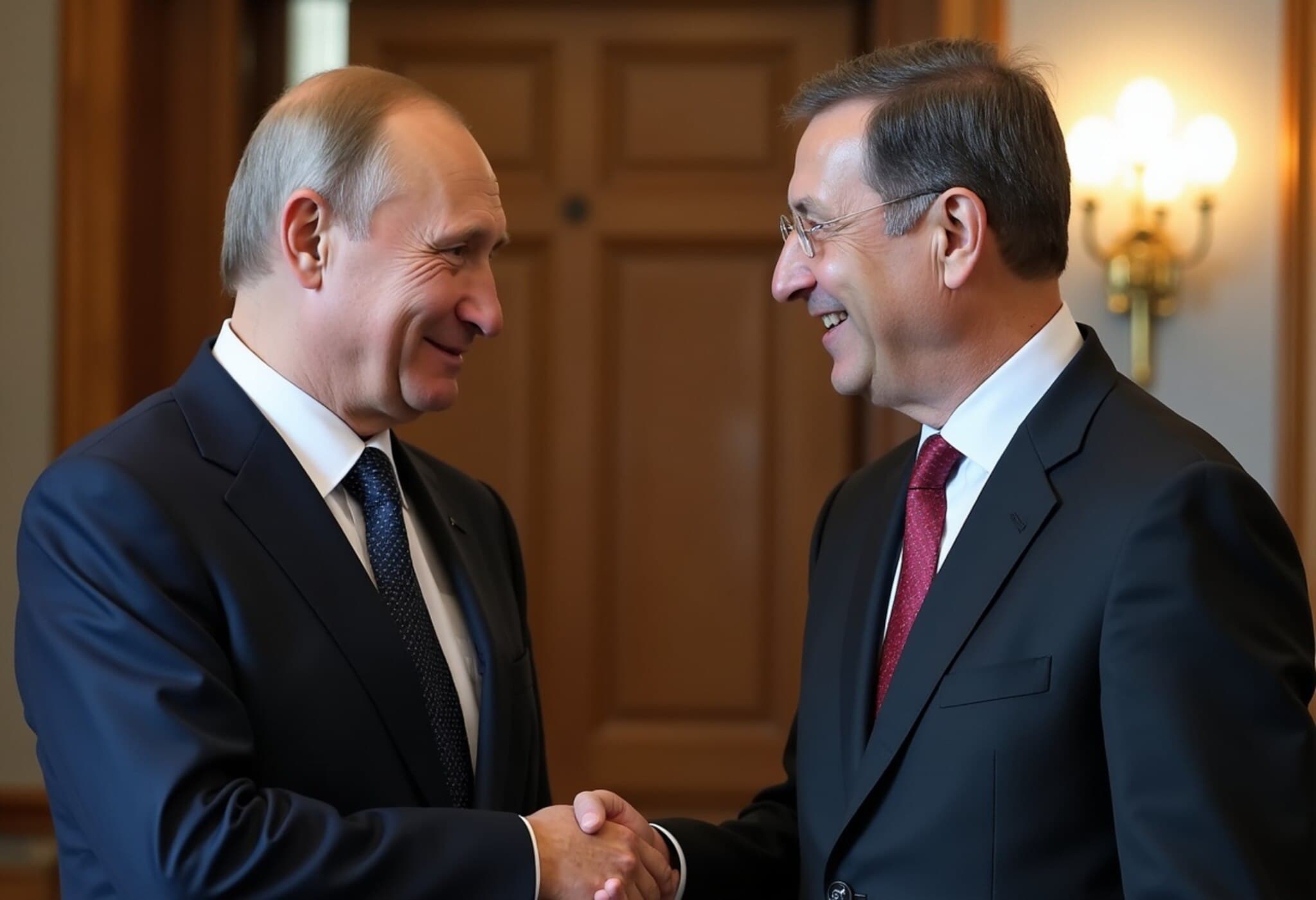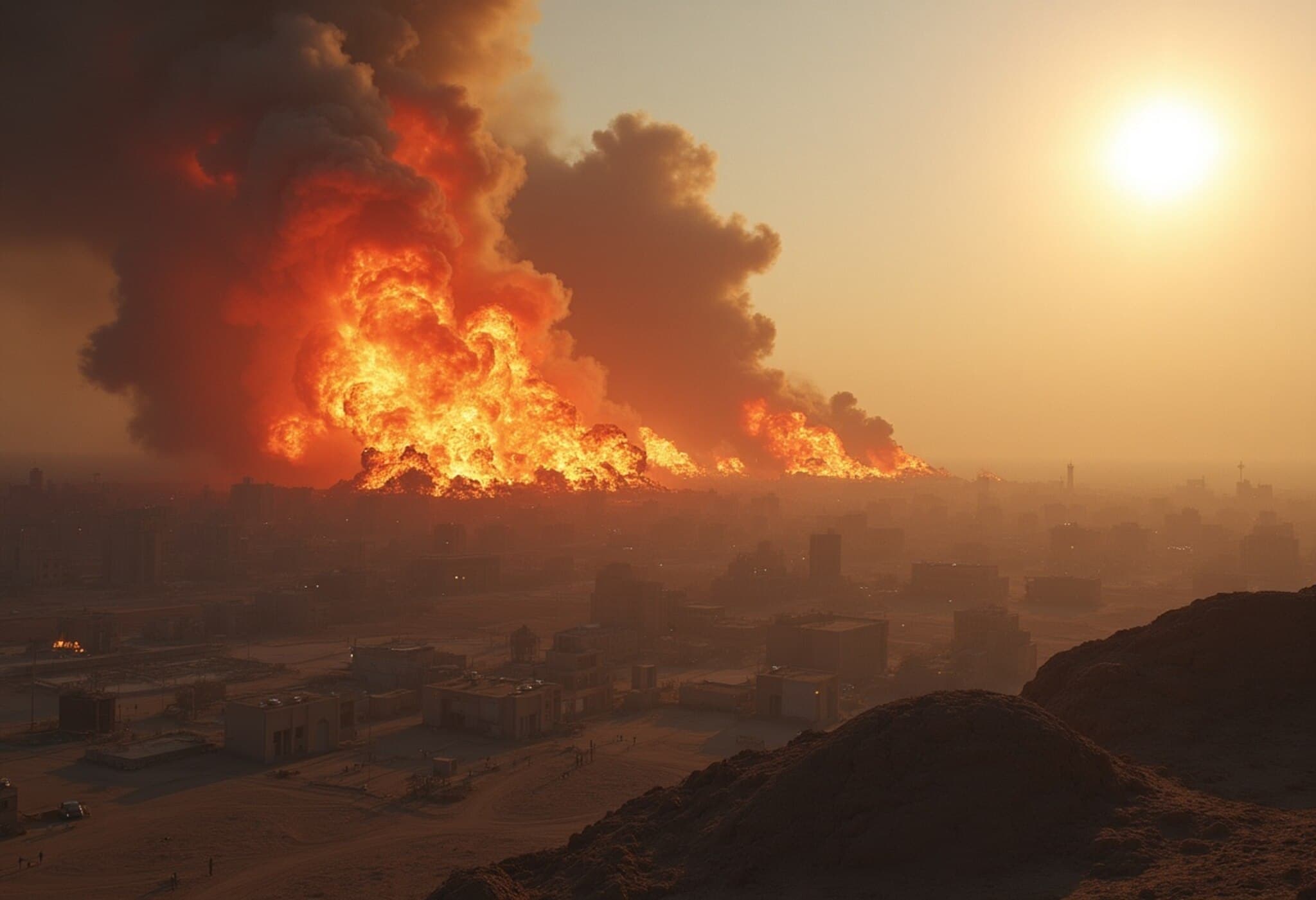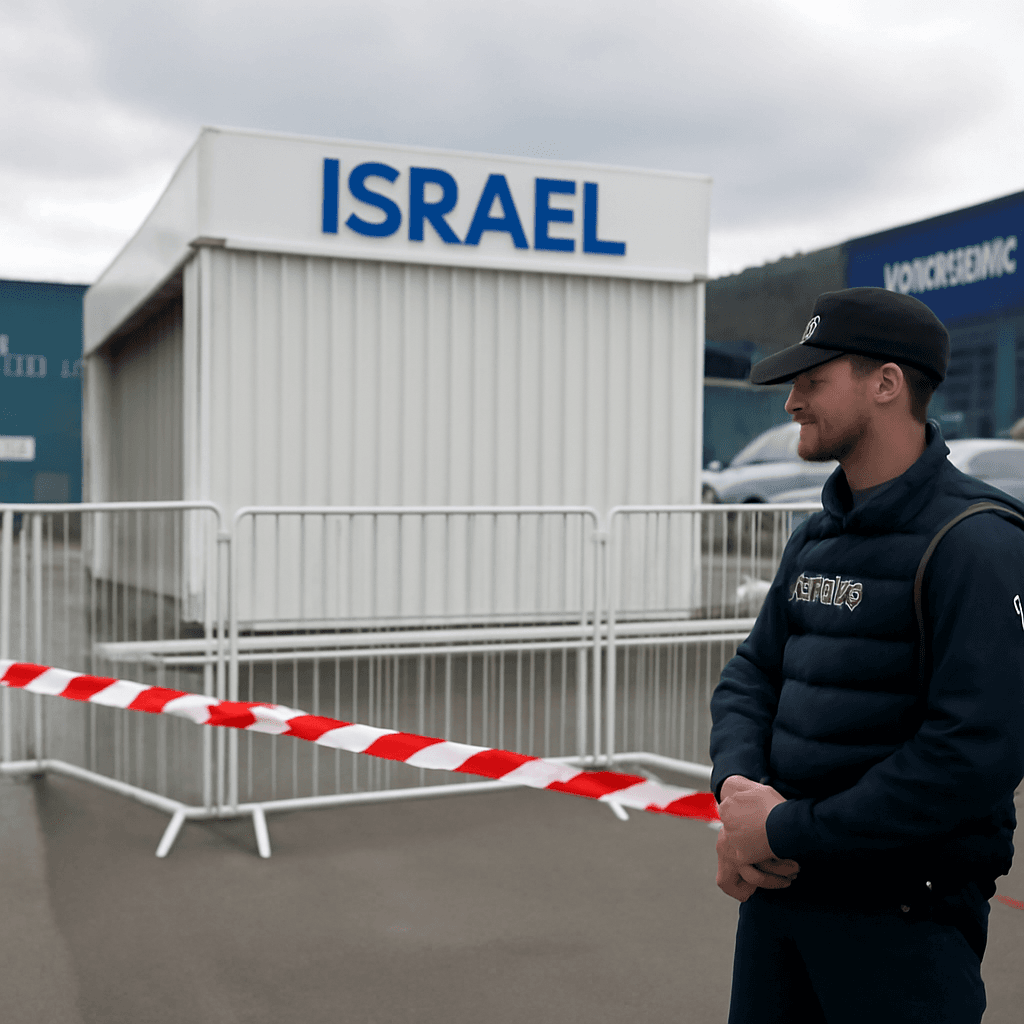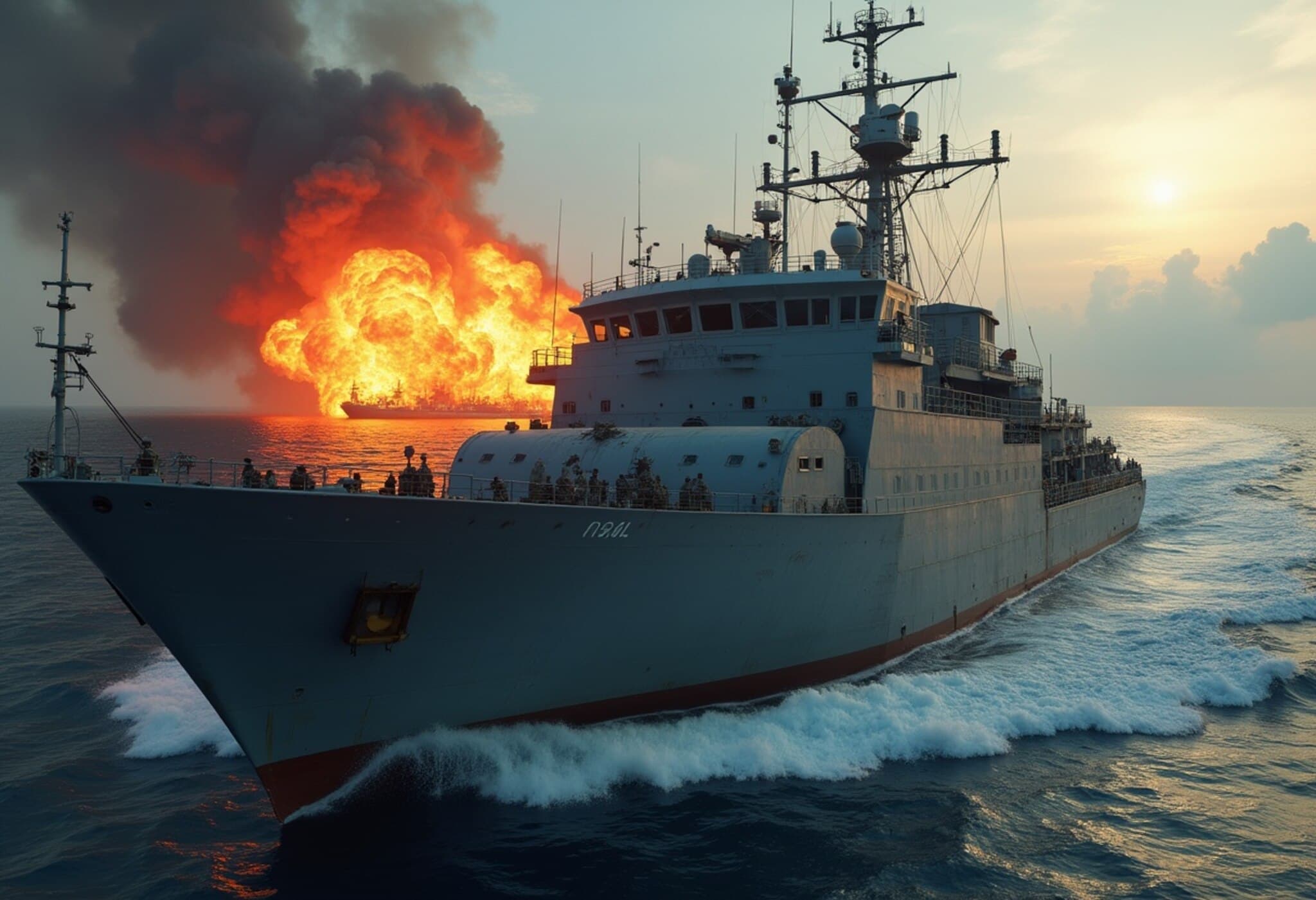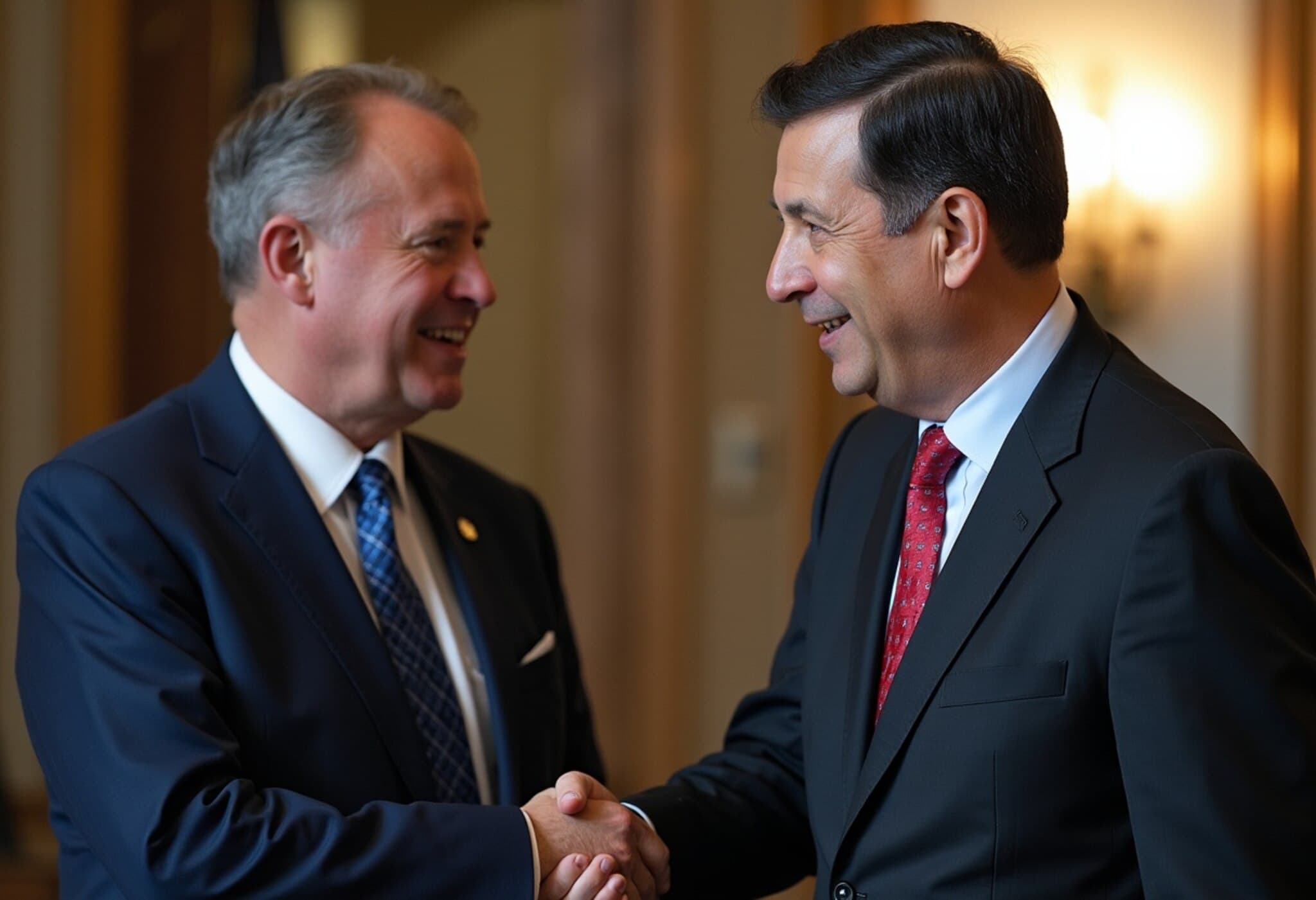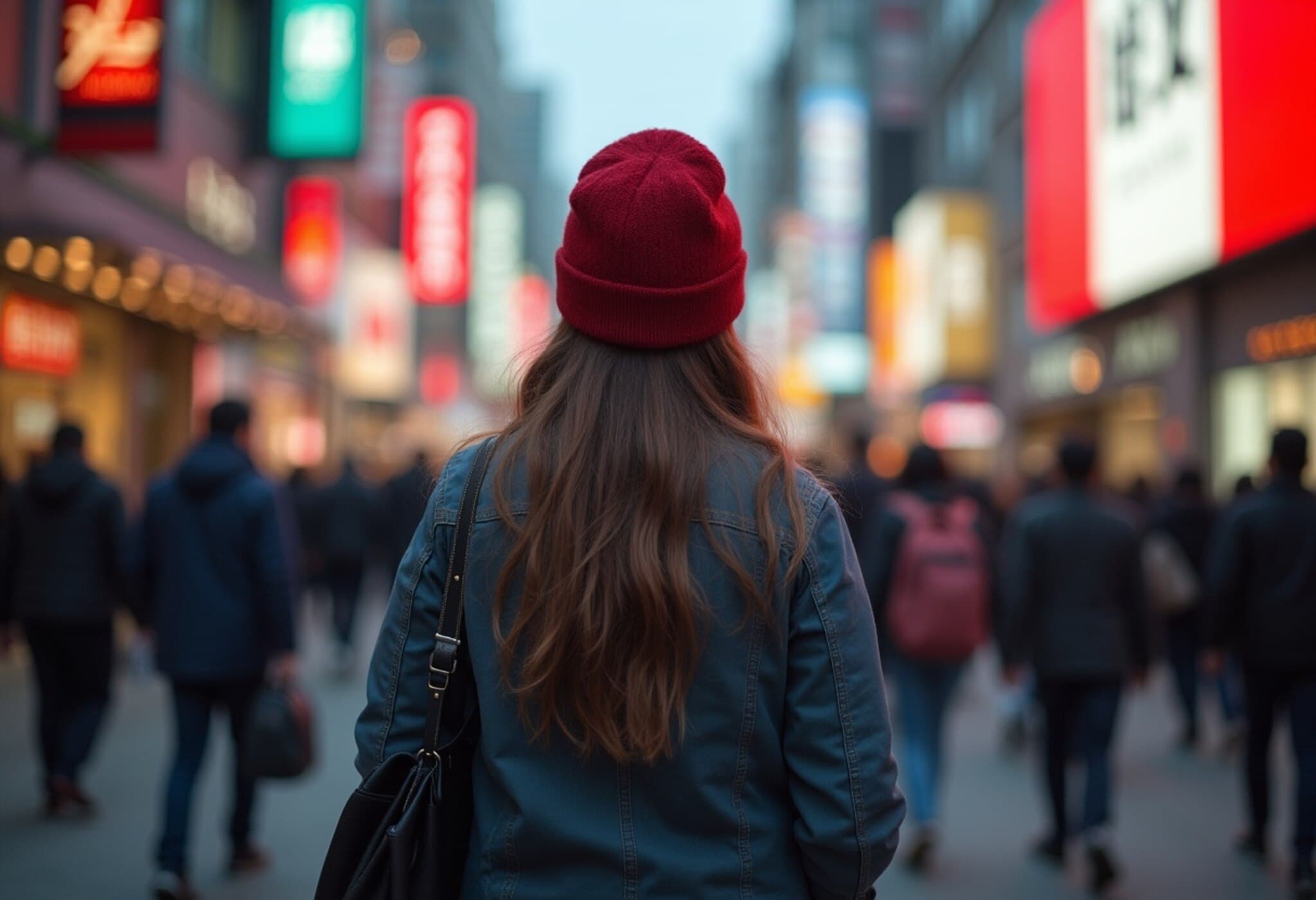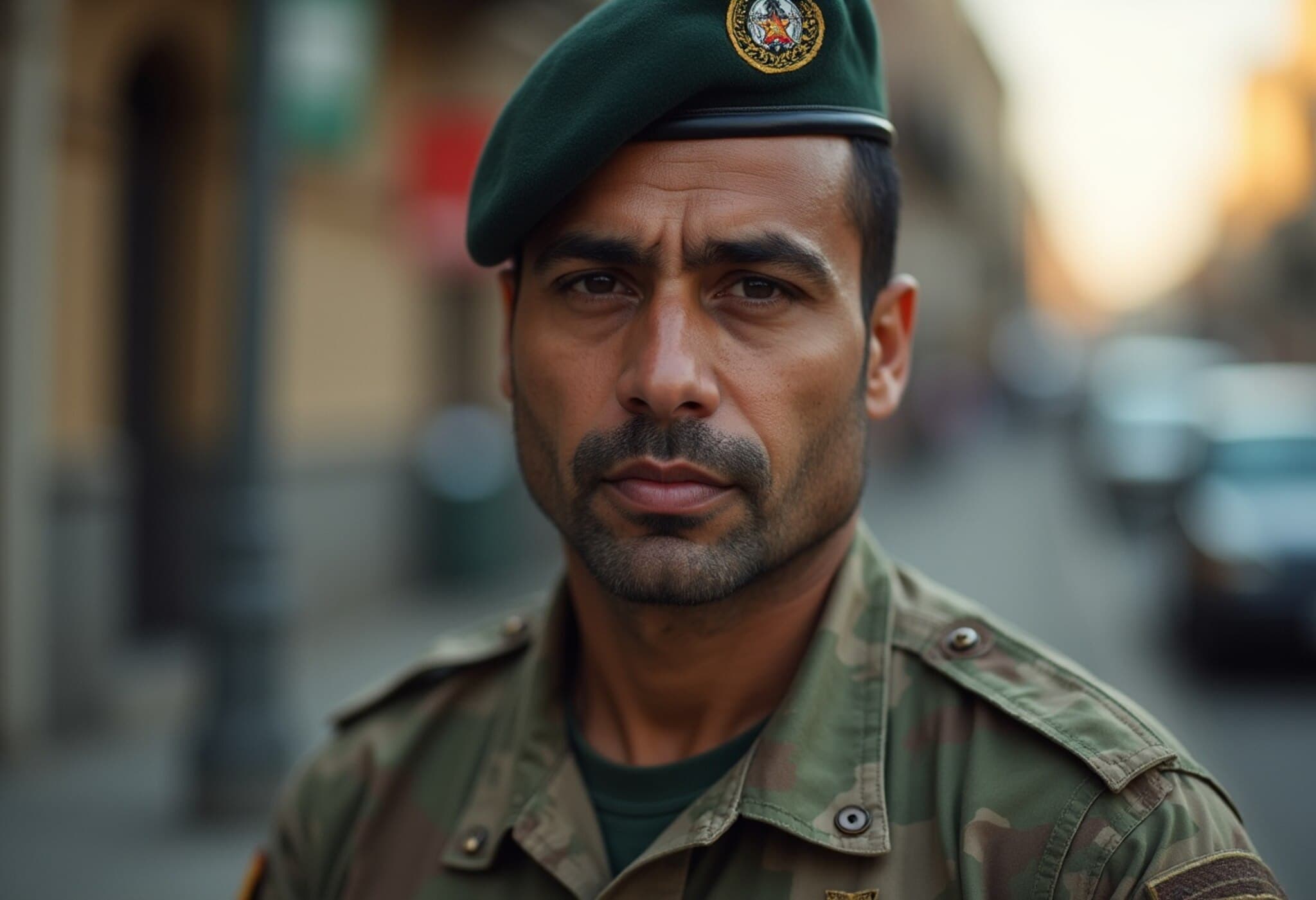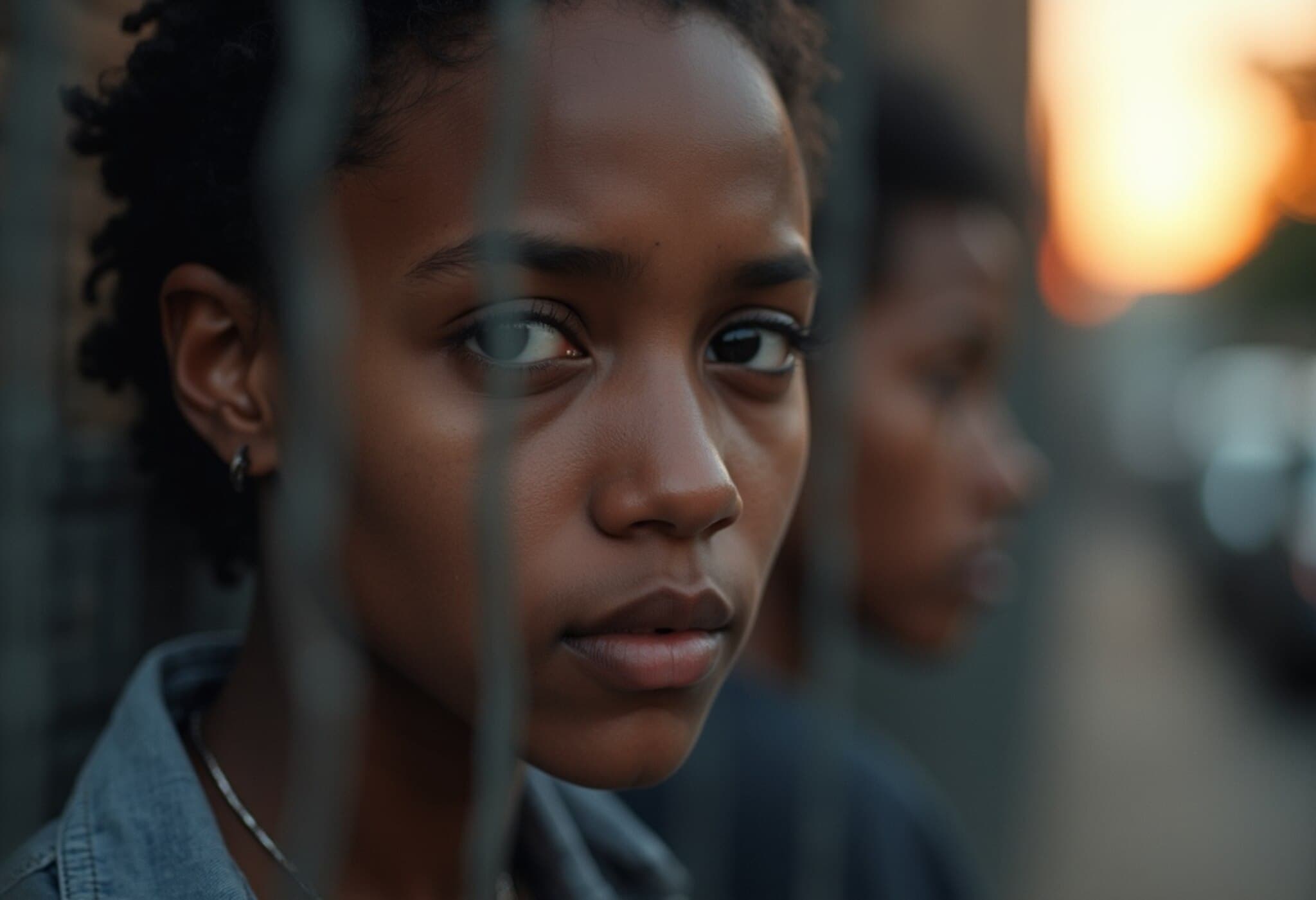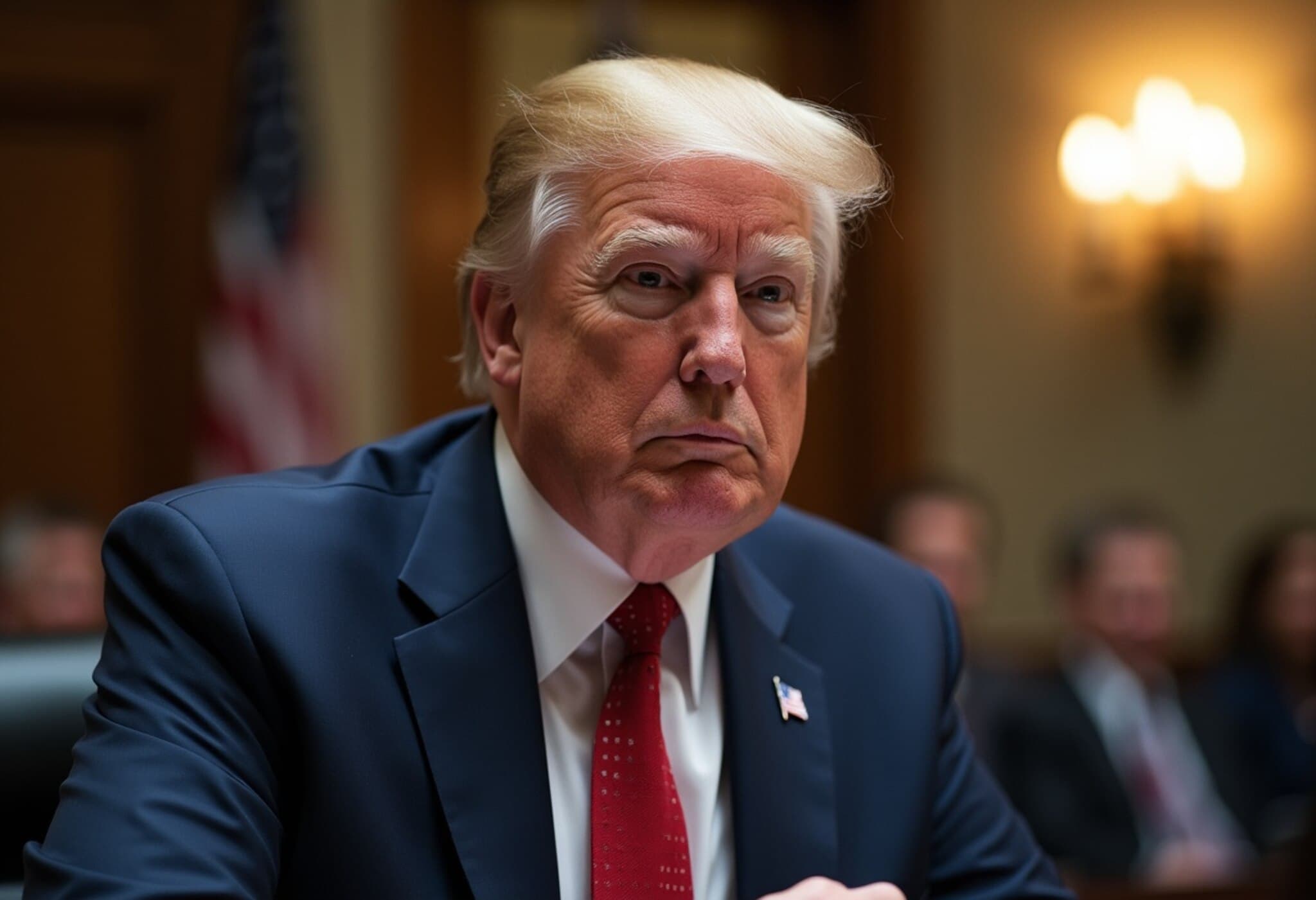A Landmark Prisoner Exchange Between the U.S. and Venezuela
In a rare diplomatic breakthrough, over 260 prisoners were released in a prisoner swap between the governments of the United States and Venezuela on July 18, 2025. This exchange saw 10 Americans and U.S. permanent residents freed from Venezuelan custody in return for 252 Venezuelan immigrants held in a maximum-security prison in El Salvador, under U.S. orders.
The Human Face Behind the Numbers
What stands out most in this unprecedented swap are the deeply personal, often heartbreaking stories of those involved. Among the Americans freed was Lucas Hunter, a 37-year-old kite surfer and former finance professional who found himself ensnared near the Colombia-Venezuela border during what should have been a routine trip. Wilbert Castañeda, a 37-year-old Navy SEAL who journeyed south for love, was also released, alongside others with diverse reasons for being in Venezuela.
On the Venezuelan side, the detained had their own stories of hardship and hope. Many fled Venezuela’s ongoing economic and political turmoil, traversing dangerous terrain like the infamous Darien Gap to reach the United States. Among them were Andry Hernández Romero, a gay makeup artist persecuted for his identity and political views, and Alirio Belloso, a bicycle parts seller driven to emigrate by economic desperation—unable to afford medicines for his diabetic mother or school supplies for his daughter.
Shared Experience of Detention and Uncertainty
Despite the diverging paths leading these men into custody, they endured eerily similar conditions: accusations of trying to destabilize the host countries, prolonged detention without due process, and isolation from family contact. Both President Donald Trump and Venezuelan President Nicolás Maduro framed these arrests as protective measures to defend national security against foreign intrusion—Trump invoking the wartime Alien Enemies Act, Maduro leveraging the detentions as geopolitical bargaining chips amid U.S. sanctions.
Human rights advocates have raised alarm bells over practices resembling forcible disappearance, a troubling hallmark in Latin America's recent history. The refusal by both governments to fully disclose detainee information exacerbated fears and uncertainty among families and international observers.
Challenges of Reintegration and Healing
Now, freed from prison cells, these men confront a daunting reality: rebuilding their lives amid complex personal and political landscapes.
- Medical and psychological recovery: According to Liz Cathcart, director of Hostage US, post-detention challenges include malnutrition, physical deterioration, and lasting trauma from psychological torture.
- Family reunion and emotional toll: The return sparked deep emotional reunions—such as Francisco García Casique, whose mother described feeling her world collapse upon learning of his detention in the U.S. and now cherished his return as the end of a long nightmare.
- Economic and legal precarity: Many still face uncertain futures. Venezuela’s economy continues to deteriorate, and some returnees may risk imprisonment due to political activity. Meanwhile, some Venezuelans had pending asylum cases in the U.S., now abruptly interrupted.
- Support systems vary: While American officials typically offer reintegration programs at military bases for repatriated detainees, it remains unclear what support awaits those returning to Venezuela amid ongoing political repression.
Spotlight on Families’ Struggles
Families bore a heavy burden throughout these detentions. Sophie Hunter, sister of Lucas Hunter, left her UN career to fight for her brother’s liberty. Noemí Briceño, wife of Alirio Belloso, lived in constant fear until his return. In the United States, relatives faced similar anguish—Renzo Huamanchumo’s mother suffered severe depression over her son’s unknown fate until news of his release brought fragile relief.
Wider Implications and Underreported Questions
This prisoner swap not only marks a brief thaw in U.S.-Venezuela relations but also exposes the intersection of immigration policy, human rights, and geopolitical tensions. It raises critical questions rarely discussed:
- How do immigration enforcement policies intersect with geopolitical strategy to shape human lives?
- What obligations do governments have toward detainees held under contentious accusations without due process?
- How can reintegration support be improved for returnees facing political danger and economic instability?
- To what extent are families and communities adequately involved or aided during such crises?
Expert Commentary
As an analyst specializing in Latin American affairs, I observe that this swap exemplifies the transactional nature of geopolitical maneuvering, where human beings become pawns in larger diplomatic games. The use of detention and deportation as leverage reflects deep mistrust and punitive foreign policy dynamics that deny individuals basic legal protections. Furthermore, it illuminates the urgent need for transparent international monitoring and humanitarian frameworks, as well as domestic reforms in immigration and detention practices aligned with international law.
Looking Ahead
While the swap immediately restored freedom to hundreds, the long-term consequences for their health, legal status, and personal security remain uncertain. The exchange underscores the human cost behind headlines on immigration and international relations, calling for a more humane approach on all sides.
Editor’s Note
This extraordinary prisoner exchange between the United States and Venezuela paints a vivid portrait of resilience amid adversity. It challenges us to reevaluate how immigration, diplomacy, and human rights intersect in today’s polarized landscape. As these individuals navigate their uncertain futures, their stories compel a deeper conversation on rights, reintegration, and international responsibility. Readers are encouraged to consider the unseen human toll of geopolitical conflict and the urgent need for policies grounded in justice and compassion.



